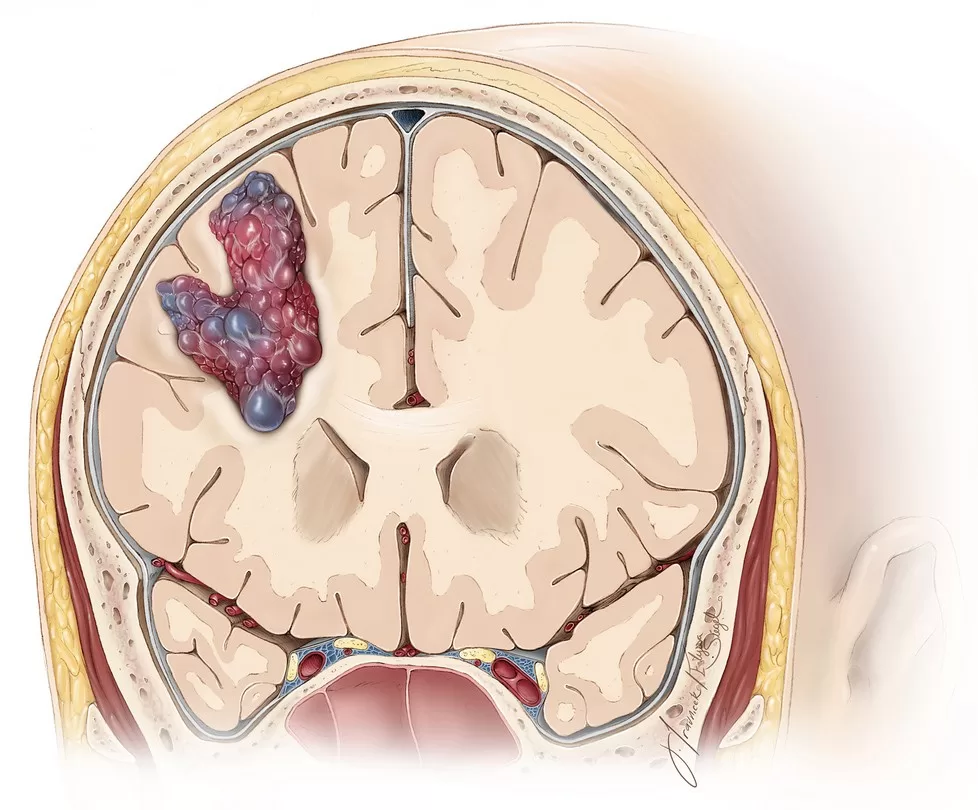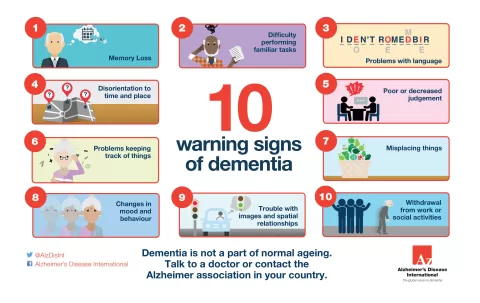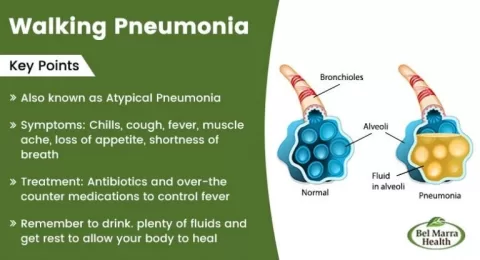Cavernoma and alcohol consumption present a complex relationship that warrants careful consideration, especially for those diagnosed with cavernous malformations. These blood vessel abnormalities can lead to significant neurological symptoms, including seizures and headaches, often severely affecting individuals’ daily lives. As recent discussions in the medical community suggest, alcohol consumption risks may heighten the likelihood of complications for people with cavernomas, primarily due to its blood-thinning properties which might increase the risk of bleeding. Understanding the connection between cavernoma symptoms and alcohol is crucial, as patients must prioritize their neurological health. This blog post will delve into the potential implications of alcohol on cavernomas, aiming to inform and guide individuals on managing their condition safely.
When considering the effects of alcohol on vascular health, particularly for those dealing with cavernous malformations, the topic transcends mere medical jargon into a crucial discussion for affected individuals. Cavernous malformations, often referred to as cavernomas, are clusters of abnormal blood vessels that pose significant risks, especially when combined with certain lifestyle choices like excessive drinking. The risks associated with alcohol consumption – including potential exacerbation of symptoms and increased chances of bleeding – highlight the necessity for patients to remain vigilant. This exploration aims to clarify how drinking habits can impact brain health and emphasizes the importance of a cautious approach to alcohol among those living with vascular malformations.
Understanding Cavernous Malformations and Their Impact
Cavernous malformations, or cavernomas, are not just ordinary blood vessels; they represent a complex interplay of vascular anomalies that can have significant implications for an individual’s health. These malformations comprise clusters of dilated blood vessels that can disrupt normal blood flow, leading to a spectrum of neurological issues like seizures and chronic headaches. Depending on their location in the brain or spinal cord, they can create pressure that interferes with neurological functions, making it critical for patients to be fully aware of their condition.
While many people may live with a cavernoma without presenting symptoms, it is essential to recognize the potential for sudden changes in health. For instance, if a cavernoma bleeds, even slightly, it can result in more severe neurological symptoms that require immediate medical attention. Consequently, understanding the intricacies of cavernomas not only empowers patients but is also crucial in determining lifestyle choices, such as alcohol consumption, which may exacerbate the condition.
The Risks of Alcohol Consumption for Cavernoma Patients
The risks associated with alcohol consumption for individuals diagnosed with cavernomas cannot be overlooked. Alcohol affects the body’s coagulation processes, thinning the blood and making it easier for bleeding to occur, which is particularly concerning for those with vascular abnormalities like cavernomas. Even if some individuals have consumed alcohol without immediate issues, the unpredictable nature of cavernoma symptoms means that what may be safe for one patient could pose a significant risk for another.
Moreover, the relationship between elevated blood pressure and alcohol consumption is another worrisome aspect. Alcohol can cause transient spikes in blood pressure, which may stress blood vessel walls and increase the likelihood of bleeding from existing cavernomas. As such, medical professionals unanimously recommend moderation or complete avoidance of alcohol to ensure optimal neurological health and minimize potential complications.
Neurological Health and Lifestyle Choices
Maintaining neurological health is a lifelong commitment, particularly for those with cavernomas. Beyond abstaining from alcohol, it is essential to adopt a holistic approach to managing overall health. This can include regular check-ups with a neurologist, who can help monitor any changes in the symptoms of cavernomas and suggest further diagnostic measures when necessary. Living a balanced lifestyle that incorporates a nutritious diet, adequate sleep, and regular physical activity can also play a crucial role in supporting brain health.
Moreover, stress management techniques such as mindfulness, yoga, or other relaxation practices can contribute significantly to overall well-being. Understanding how lifestyle factors impact cavernomas can empower individuals to take charge of their health proactively. From avoiding alcohol to engaging in healthy habits, every small choice can accumulate to form a protective barrier against potential complications related to cavernous malformations.
Consulting Healthcare Providers: An Essential Step
One of the most crucial steps for individuals diagnosed with cavernomas is establishing a strong partnership with healthcare providers. Ongoing dialogue with a neurologist or specialist in vascular malformations can yield personalized advice tailored to an individual’s specific health needs. Discussions around lifestyle choices, including alcohol consumption, can provide clarity on what is safe and beneficial for managing the condition effectively.
It is vital for patients to openly share all health-related habits with their doctors, including any alcohol consumption, recreational drug use, or other lifestyle factors that could affect their vascular health. By collaborating with healthcare providers, patients can receive the educational resources they need to make informed decisions — and ultimately, improve their quality of life while managing cavernomas.
Current Guidelines for Patients with Cavernomas
Although research into the direct effects of alcohol on cavernomas remains limited, current medical guidelines encourage patients to adopt a conservative approach. Many healthcare practitioners advise limiting alcohol intake to protect against potential complications such as increased bleeding. Clear communication about when and how much alcohol is consumed can help patients self-monitor and respond better to any bodily changes that may arise.
Furthermore, integrating preventative health practices into daily routines can make a significant difference in the well-being of individuals with cavernomas. Emphasis on hydration, avoiding high-stress situations, and maintaining medication regimens, if applicable, are all critical components of a comprehensive strategy for managing this complex condition. By following established guidelines, patients can contribute to their health outcomes with a proactive mindset.
Frequently Asked Questions
What are the risks of alcohol consumption for individuals with cavernomas?
Individuals with cavernomas face increased risks associated with alcohol consumption due to its blood-thinning effects, which can raise the chance of bleeding and worsen neurological symptoms. Medical professionals typically recommend abstaining from alcohol to minimize these risks.
Can alcohol consumption exacerbate cavernoma symptoms?
Yes, alcohol can exacerbate cavernoma symptoms. The blood-thinning properties of alcohol may intensify the risk of bleeding within the cavernoma, potentially leading to increased headaches, seizures, or other neurological issues.
Is it safe to drink alcohol if I have a cavernous malformation?
It is generally advised that individuals with cavernous malformations avoid alcohol entirely. While some may tolerate limited consumption, the potential complications linked to increased bleeding make complete abstinence the safest option.
What should patients with cavernomas know about bleeding risks and alcohol?
Patients with cavernomas should understand that alcohol consumption can elevate their bleeding risk due to its anticoagulant effects. It is crucial to follow medical guidance and consider lifestyle changes to safeguard neurological health.
How can individuals with cavernous malformations manage their health concerning alcohol?
To manage health effectively, individuals with cavernous malformations should limit or eliminate alcohol intake, consult healthcare providers for personalized advice, and maintain regular check-ups to monitor their neurological health and manage symptoms.
| Section | Key Points |
|---|---|
| Introduction | Cavernomas are vascular abnormalities in the brain/spinal cord that can lead to seizures and headaches. Alcohol may exacerbate symptoms, requiring careful management. |
| Understanding Cavernomas | Cavernomas are clusters of abnormal blood vessels. Symptoms vary based on size/location, and MRI is used for diagnosis. |
| Connection Between Cavernoma and Alcohol | Alcohol may pose risks due to blood thinning, potentially increasing bleeding and complications in patients with cavernomas. |
| Medical Recommendations | Patients should avoid alcohol, consult healthcare providers, and monitor symptoms closely to prevent complications. |
| Current Guidelines and Safety | Limit or eliminate alcohol consumption. Prioritize overall health, and avoid recreational drugs to enhance safety. |
Summary
Cavernoma and alcohol are interconnected topics that necessitate careful consideration. Individuals diagnosed with cavernomas should be cautious with alcohol consumption due to its potential role in increasing bleeding risks associated with these vascular malformations. Although direct studies might be scarce, the consensus among health professionals advocates for avoiding alcohol altogether. Patients are encouraged to monitor their symptoms and engage with healthcare providers for tailored advice. Ultimately, taking informed actions to manage health and prioritize safety is essential for those living with cavernomas.
The content provided on this blog (e.g., symptom descriptions, health tips, or general advice) is for informational purposes only and is not a substitute for professional medical advice, diagnosis, or treatment. Always seek the guidance of your physician or other qualified healthcare provider with any questions you may have regarding a medical condition. Never disregard professional medical advice or delay seeking it because of something you have read on this website. If you believe you may have a medical emergency, call your doctor or emergency services immediately. Reliance on any information provided by this blog is solely at your own risk.






